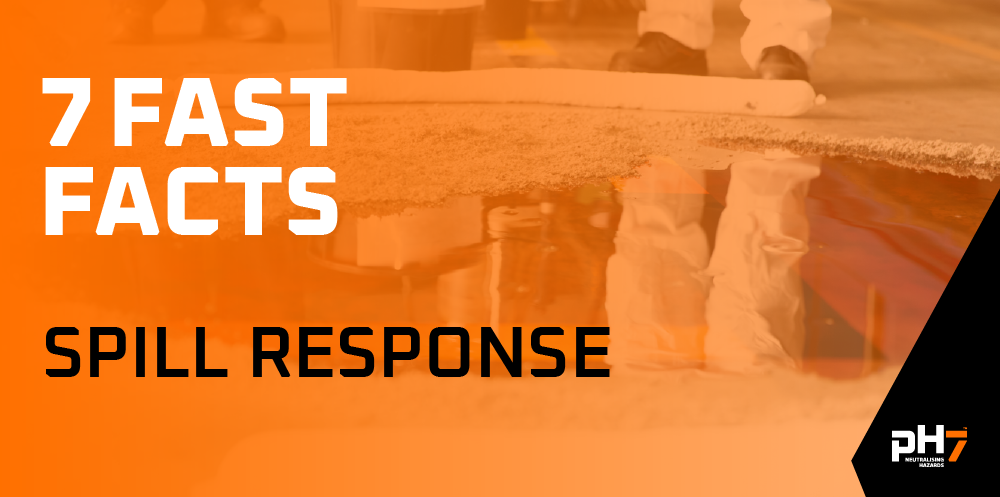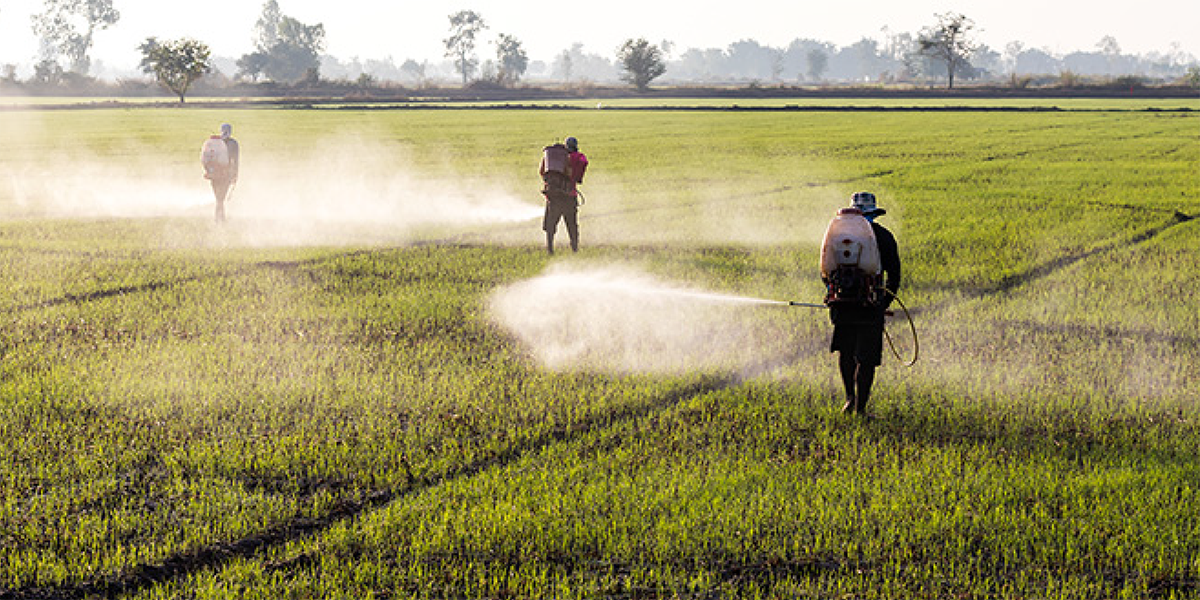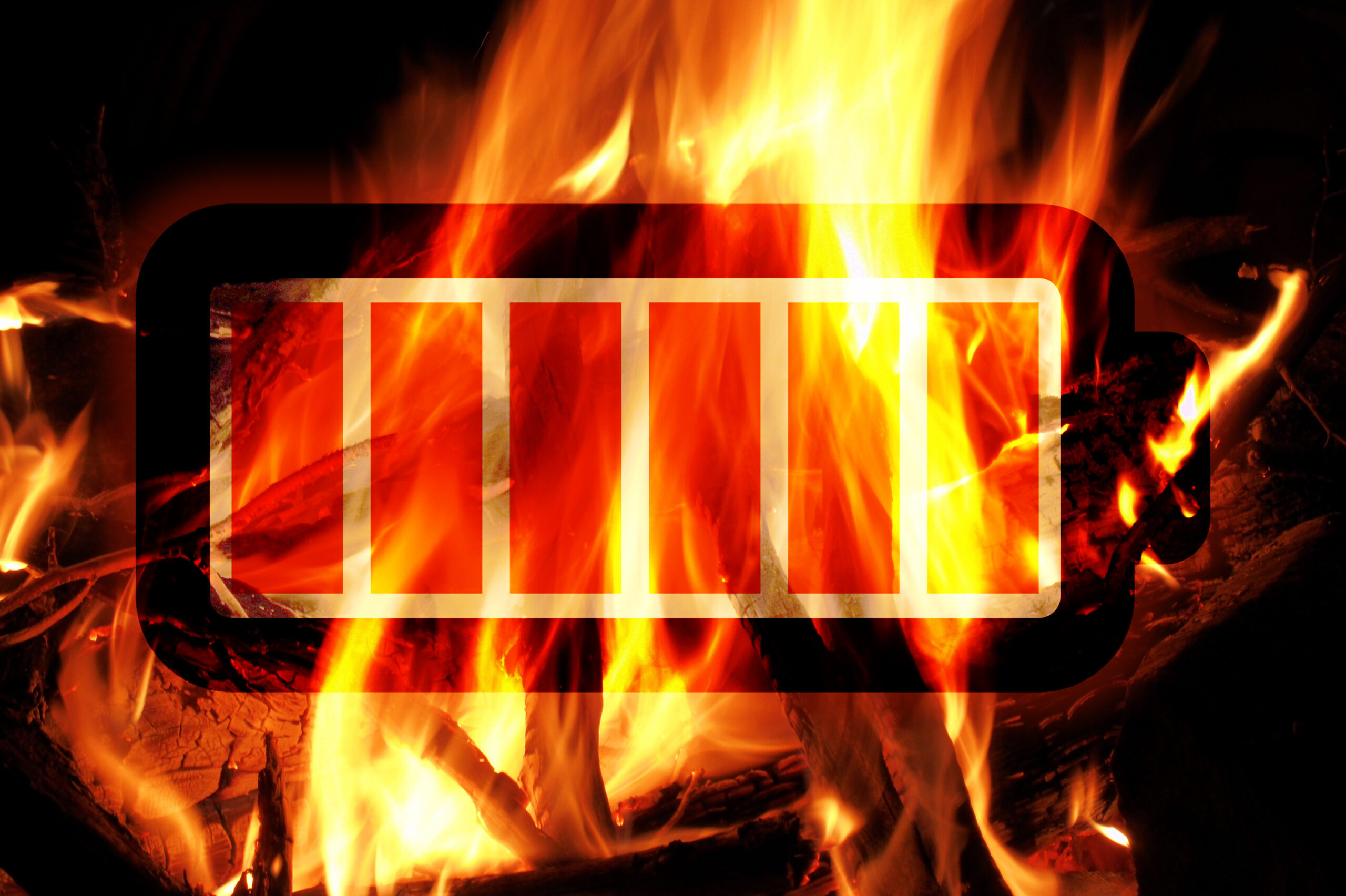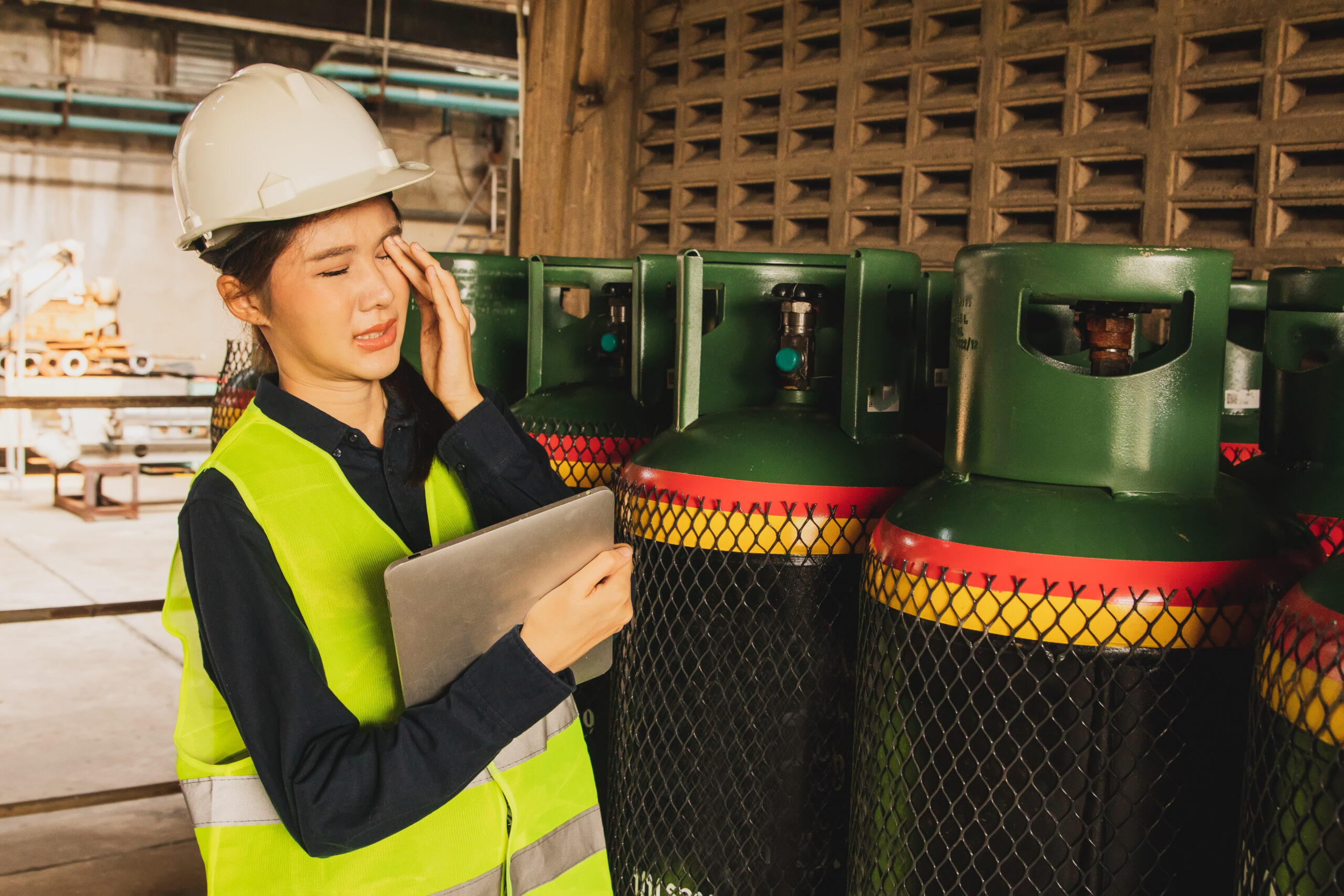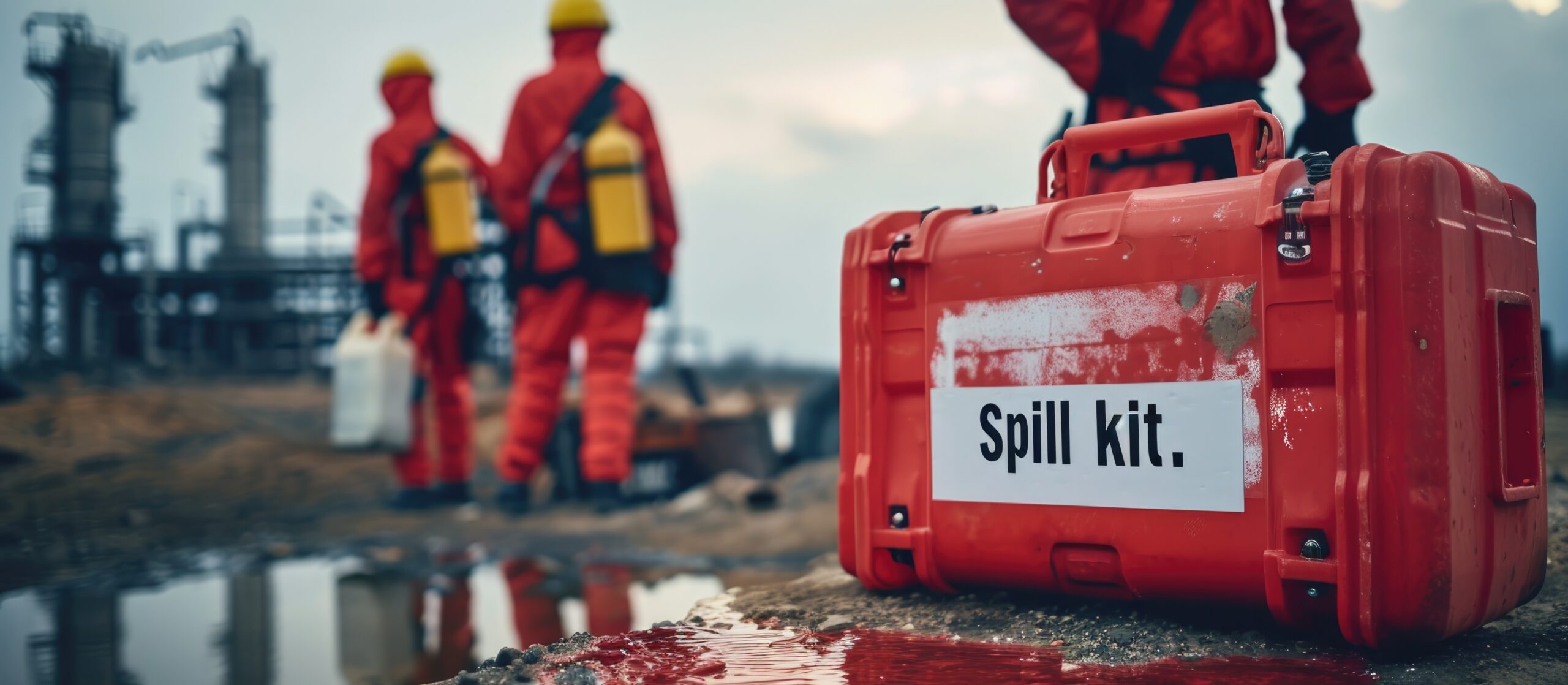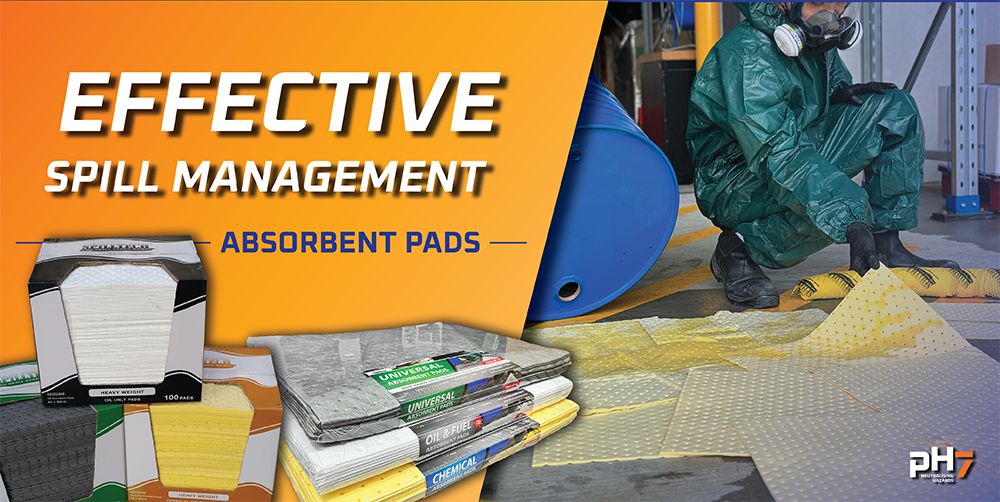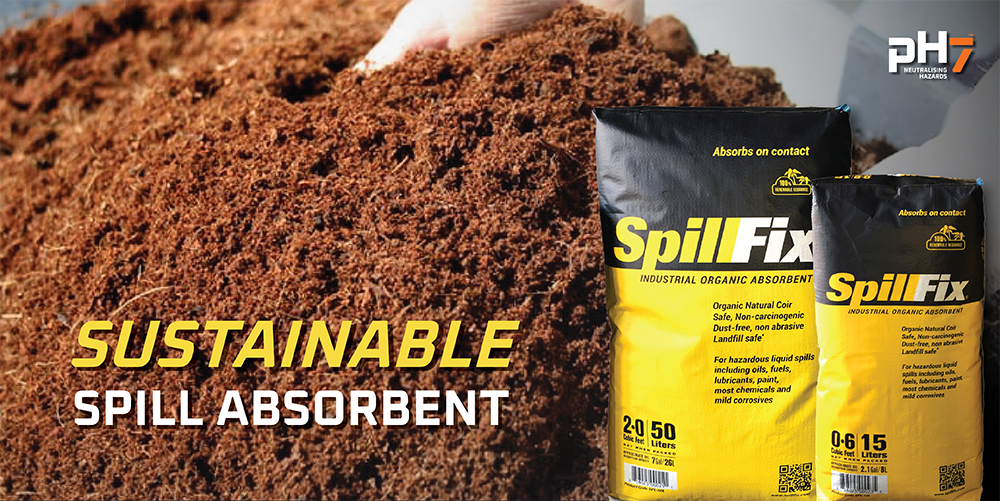Spill response should be handled carefully and swiftly to protect you and your team’s health, the environment, and properties. Compliance with local regulations and safety protocols is critical to a successful response to a hazardous spill.
With that being said, lets get into 7 fast facts you should keep in mind when it comes to tackling spillage of hazardous substances!
| 1 | Immediate Action is Crucial: Spills of hazardous materials, chemicals, or oil can pose serious environmental and health risks. Immediate action is essential to minimize the impact. |
| 2 | Assessment and Identification: The first step in spill response is to assess the nature and size of the spill and identify the materials involved. This information is critical for determining the appropriate response. |
| 3 | Personal Protective Equipment (PPE): Responders must wear appropriate PPE, including gloves, eye protection, and respiratory protection, if necessary, to protect themselves from exposure to the spilled substance. |
| 4 | Containment: Containing the spill is vital to prevent it from spreading further. This may involve using absorbent materials, barriers, or even physical methods like diking or blocking drains. |
| 5 | Cleanup and Remediation: The cleanup process depends on the type of spill and can involve various techniques, such as absorbent pads, booms, vacuum trucks, or soil remediation methods. The goal is to remove or neutralize the spilled material. Always handle waste as if it were the chemical it has absorbed. |
| 6 | Reporting and Documentation: Proper documentation is essential. Spill response teams should record details about the spill, response actions taken, and any injuries or environmental damage. Reporting to relevant authorities may also be required. |
| 7 | Training and Drills: Regular training and drills are essential for personnel involved in spill response. This helps ensure that responders are familiar with procedures, equipment, and safety measures, improving the effectiveness of the response. |
If you’d like more information on our Spill Kit range and how we can assist you in managing spills effectively, feel free to get in touch with us on 0800 323 223 or email us at enquiries@ph7.co.nz. We offer pre-made spill kits for general use, chemical spills, and oil spills. But we’re happy to assemble custom spill kits with the best products to suit your needs!
